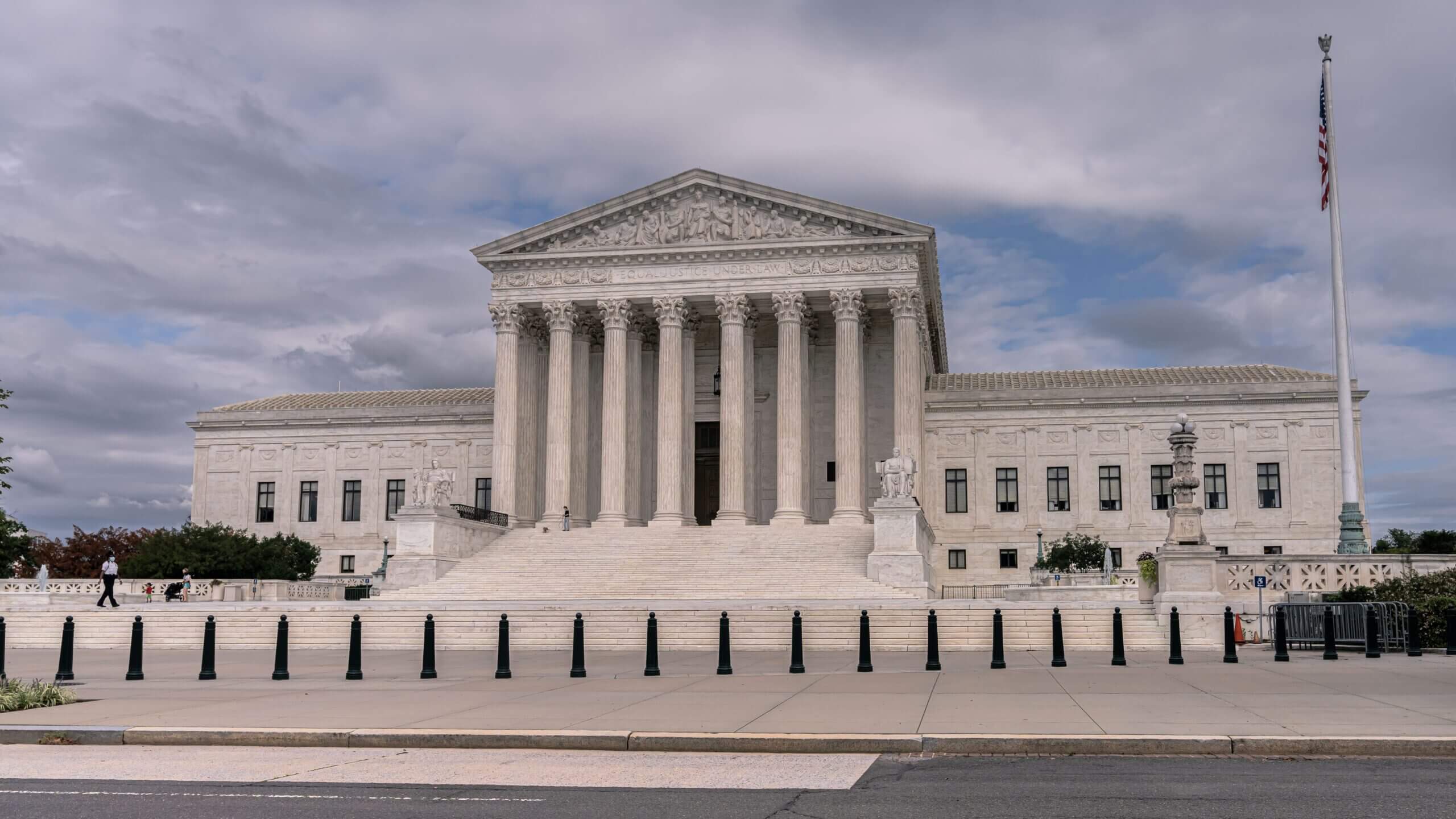If you are in the market for legal representation, you may ask yourself, “What does a personal injury lawyer handle?” When you picture what a personal injury attorney does, you might imagine a sharply dressed lawyer speaking to a jury, advocating on behalf of his client. That is an integral part of the role. However, about 95% of personal injury cases are settled. Our primary goal is to help clients seek compensation for their injuries and ensure justice is served. While that can require litigation, several roads exist to achieve that goal. From navigating complex legal procedures to advocating for fair settlements, personal injury lawyers play a critical role in helping victims recover and rebuild their lives. How do we do this? At Gelb & Gelb, we investigate claims, gather evidence, negotiate with insurance companies, and advocate for their clients’ best interests in and out of court.
Understanding the Significance of Legal Representation
If you were recently injured due to a third party’s negligent, reckless, or intentional conduct, you may have a viable personal injury claim. Speaking with an injury attorney can provide you with clarity in navigating this difficult process. The civil justice system is tricky because it is an all-or-nothing game. If we settle your case, there is certainty. However, if we go to trial, you either lose and get nothing, or you win and are compensated. This makes your decision on who to hire critical to your recovery. While you may not owe a personal injury lawyer a legal fee if they are unsuccessful in working on your case, losing your case is still a large opportunity cost. Thus, it is essential to understand what a personal injury lawyer handles so you can best evaluate a firm before moving forward in the legal process.
Below, we discuss precisely what a personal injury lawyer handles when one takes on your case.
Types of Cases Handled by Personal Injury Lawyers
Our personal injury lawyers at Gelb & Gelb will assist you in nearly any matter where you are injured due to another party’s conduct, assuming other criteria are met. Here, we examine the six most common injury cases we handle.
Car Accidents
Far and away, car accidents are the most common cases we handle. In our 71 years of practice, we have successfully resolved several thousand car accident cases. This experience makes us one of the most trusted choices for a personal injury lawyer in Washington, DC, and Maryland. When a personal injury lawyer takes on a car accident case, there are several steps we must take. First, we determine whether you have a case at all. We consider the statute of limitations, liability in the facts of your case, the weight of any available evidence, the prognosis in the police report, whether the other driver fled the scene, if you have liability coverage, whether the damage to the cars corroborates the narrative of the accident, and more. Our personal injury lawyers inspect if you have personal injury protection or medical payment coverage.
If you are a Washington, DC, resident, the PIP statute is complex and may bar your right to recovery except for rare circumstances. We determine whether your case fits those circumstances. Due to the complexity of the DC PIP statute, we have other DC personal injury lawyers contact our office routinely for guidance on navigating this law.
Slip and Fall Accidents
A slip-and-fall accident is challenging for a layperson without legal representation because there is a notice requirement. Under tort law, a business has a legal duty to inspect for hazardous conditions on a reasonable basis. What a reasonable basis is a question for a jury. It is our job to do a few things. In some cases, we prove that the defendant knew of the hazardous condition. This may come when we review the security footage. The footage may reveal another customer slipping on the same hazardous spot 30 minutes earlier and informing staff. Or, we may interview witnesses willing to testify that they observed the hazardous condition 45 minutes earlier. While they did not fall, this could be sufficient to prove the defendant should have known of the hazardous condition because they have a duty to inspect.
Medical Malpractice

Medical malpractice occurs when healthcare providers fail to meet the standard of care, leading to patient harm. Examples include surgical errors, misdiagnoses, medication errors, and birth injuries. A personal injury lawyer’s role in a medical malpractice case is substantial. The biggest challenges in this case are cost and expertise. It requires close work with a medical professional to understand where your doctor may have gone wrong. In addition to this working relationship, there is a high cost to pursuing these claims. These are costs that the personal injury attorney advances. This can save you $30,000 or more of risk. If you are without a lawyer and then lose your case after investing in your case yourself, you will not be reimbursed. This, in addition to the damages you have already suffered in your case, combines to put you in an incredibly difficult position.
Truck Accidents
Our personal injury lawyers handle truck accident cases in a unique way, making us the premiere personal injury law firm in the region. We understand that more goes into a truck accident than a typical car accident case. In truck accident cases, there are federal rules and regulations that govern the number of hours a trucker may drive continuously. These regulations exist to mitigate the risk of fatigued drivers. So, what does a personal injury lawyer handle in a truck accident case? We investigate the maintenance reports for the truck and the truck driver’s logs, assess liability, work with accident reconstruction experts if needed, and negotiate with insurance companies to ensure victims are compensated for medical expenses, lost wages, property damage, and pain and suffering.
Pedestrian Accidents
Pedestrian accident laws continue to evolve. One question personal injury lawyers wrestle with in court is whether pedestrians are to blame if they cross the street illegally. While this may be a criminal violation, does that bar your right to recovery? Or, is the driver ultimately responsible if they have the last clear chance to avoid the accident? The answer to this question depends on the jurisdiction in which the accident occurred.
Wrongful Death
In a wrongful death case, a personal injury lawyer handles matters beyond the decedent’s estate and can even include close family members. We help families recover compensation for funeral expenses, loss of financial support, and emotional suffering. Of course, a wrongful death case may overlap with a car accident, truck accident, or pedestrian accident.
Questions to Ask When Choosing a Personal Injury Lawyer
What experience do you have with cases like mine?
This is a critical question. You may meet a personal injury lawyer with an impressive record. But if he has no experience handling your type of case, he may be unfamiliar with the unique case law and statutes that dictate your case. Further, he may not fully understand how insurance companies handle and evaluate your claim or have working relationships with insurance adjusters. After decades of experience, our attorneys have worked with insurance adjusters enough to have earned their respect. For this reason, they are less likely to make a lowball offer initially, although it still happens.
Will You Personally Handle My Case?

This is a critical question. At many personal injury law firms, the person you speak to at your initial consultation is not the same person who will work on your case or represent you at trial. Sometimes, that person is not a lawyer but an intake specialist! This is not how we handle cases at Gelb & Gelb. We believe in cultivating productive and professional relationships with clients. This is the best way to understand your case. Otherwise, team members are playing on the telephone, and you do not know who to turn to when you have a question.
How Will You Communicate with Me?
Different personal injury lawyers have different communication styles. Some attorneys feel it is burdensome for clients to update them as everything is happening behind the scenes. On the other end, some attorneys will update a client at every turn. Feel free to communicate what you prefer at the start of your case for the best possible legal experience.
How Long Will My Case Take?
This is an important question to ask to set your expectations. We cannot tell you how long your case will take because every personal injury case differs. And while no lawyer can guarantee a timeline, experienced attorneys should be able to provide a general estimate based on similar cases.
What a Personal Injury Lawyer Does
There are countless things a personal injury lawyer does for a client behind the scenes. Our goal in performing these tasks is to maximize the compensation you receive for a personal injury. In the civil justice system, monetary damages are the best available solution, though it is never the perfect solution in a personal injury case. This means we consider the liability of every available defendant. We may sue the other driver in a car accident case. But we may also sue the state to tap into additional coverage if the first driver’s auto insurance policy is insufficient to cover your damages. We will coach you before depositions or recorded interviews, advising that you participate only when that is the best choice to win your case.
Initial Case Evaluation
This is the first step in the legal process. For a complex case that truly affects your life, you may wish to interview a few different personal injury lawyers to determine which you feel most comfortable with. When deciding who to hire, choose an attorney with experience, who values prompt communication with their client, and who you can trust. If it feels like you are just another client to them, they may not be the best choice. At the same time, the personal injury lawyer is evaluating the validity of your case. As personal injury lawyers work on contingency, they will only take your case if they believe it is a winner. Otherwise, if they are unsuccessful, they do not get any legal fee and are not compensated for their time.
Thus, our personal injury lawyers will review the facts of your case and the weight of the evidence, assess potential damages, and determine whether it is worth the time of all parties involved to move forward. We also evaluate if your claim fits within the walls of any applicable statutes. Statutes generally act to limit liability and your ability to make a claim. We act to preserve any potential claim by taking steps under the statute. In some instances, you have as little as 60 days after the date of your accident to preserve your case.
Gathering Evidence as You Treat
Substantial evidence, such as police reports (which are generally inadmissible), medical records, photographs, witness statements, and expert testimony, is required to build a strong case. The more evidence we can collect, the better our chances of success. Meanwhile, if we cannot collect evidence, then we are relying on your word against that of the defendant. And because we have the burden of proof as the plaintiff bringing the case, we may not meet our burden and would be unsuccessful without more evidence. Thus, collecting as much evidence as possible at the accident scene is critical. Much of the evidence, including any eyewitnesses, may disappear after the accident date.
Negotiating with Insurance Companies
A personal injury lawyer handles negotiations with insurance companies on your behalf. Insurance companies aim to minimize payouts. They make lowball offers and tend to minimize the severity of your injuries. After calculating your damages, we advocate on your behalf to maximize the financial compensation you recover. While we are successful far more often than not, we cannot come to terms in every case. When this happens, we file a lawsuit against the defendant.
Filing a Lawsuit if Necessary
A personal injury lawyer will file a formal lawsuit if negotiations fail to result in a fair settlement. This involves drafting and submitting legal documents, adhering to procedural rules, and preparing for the trial process.
Why Hire a Personal Injury Lawyer?
You should only hire a personal injury lawyer once you understand what a personal injury lawyer handles. Above, we have listed what a personal injury lawyer does. Those are just some of the duties we handle. However, there are procedural steps you should be aware of, too. For example, if you are a Medicaid recipient, a personal injury recovery may destroy your eligibility to receive benefits. Balancing the amount you win at trial or in a settlement with becoming responsible for future medical expenses is a topic you should weigh carefully. A knowledgeable personal injury lawyer can break down the advantages and disadvantages of each choice and advise a decision, putting you in the best position to make the right choice.
You may be familiar with statutes of limitations. In Maryland and Washington, DC, you typically have three years to file a lawsuit in a personal injury case. However, if you are filing a claim against the DC government, even if you are going to settle your case, you must place the District on notice within 60 days of your accident date. As another example, you have just a year to file a PIP application. Failure to adhere to these deadlines can lose you some or all available compensation.
Key Responsibilities of a Personal Injury Lawyer
Below is a non-exhaustive list of things a personal injury lawyer handles for you during your case.
- Initial Case Evaluation – Assessing the strength of the case and determining its viability.
- Legal Advice – Explaining clients’ rights and guiding them through the legal process.
- Investigating the Incident – Collecting police reports, medical records, photos, and other evidence.
- Identifying Liable Parties – Determining who is legally responsible for the injury.
- Dealing with Insurance Companies – Handling all communications to negotiate fair compensation.
- Calculating Damages – Assessing medical costs, lost wages, emotional distress, and future expenses.
- Negotiating Settlements – Working toward an agreement with the at-fault party or their insurer.
- Filing Legal Documents – Drafting complaints, motions, and other legal paperwork.
- Litigation – Representing clients in court if settlement negotiations fail.
- Courtroom Advocacy – Presenting evidence, questioning witnesses, and making legal arguments.
- Engaging Expert Witnesses – Collaborating with professionals like doctors and accident reconstructionists.
- Handling Mediation or Arbitration – Managing alternative dispute resolution processes when applicable.
- Ensuring Compliance with Deadlines – Meeting filing deadlines, including statutes of limitations.
- Protecting Clients’ Interests – Shielding clients from tactics designed to undervalue their claims.
- Providing Emotional Support – Offering reassurance and guidance during a challenging time.
Contact Gelb & Gelb
Interested in learning more about what personal injury lawyers handle? Call Gelb & Gelb today for a free case consultation at (202) 331-7227.














